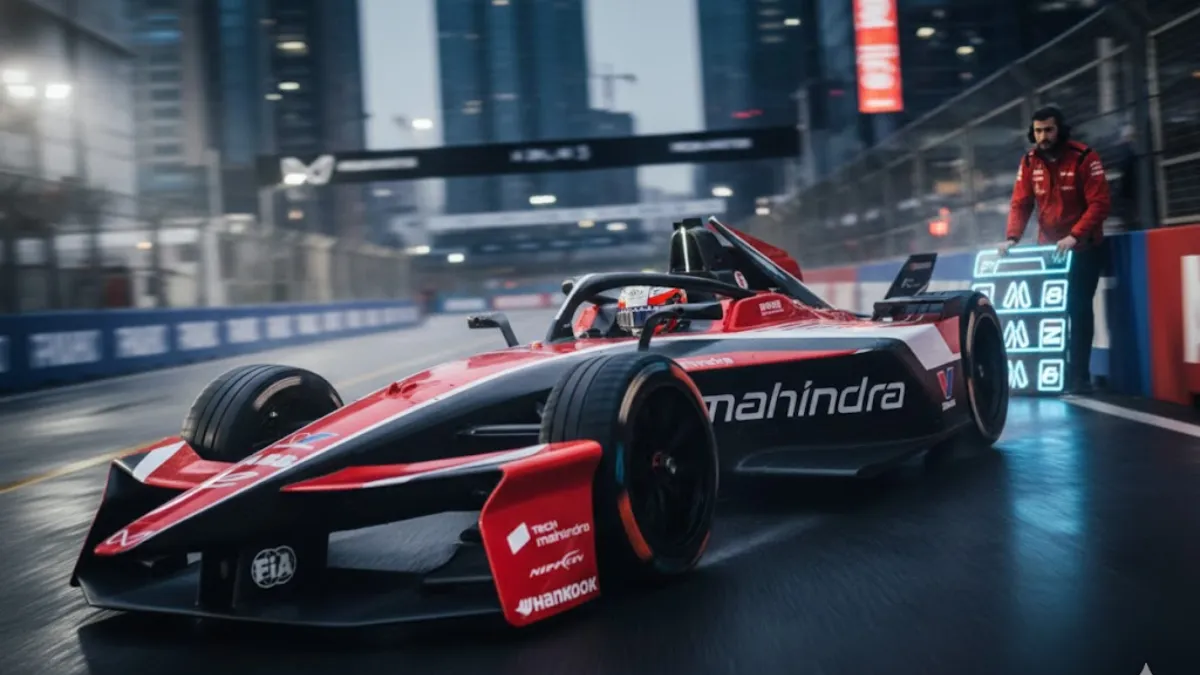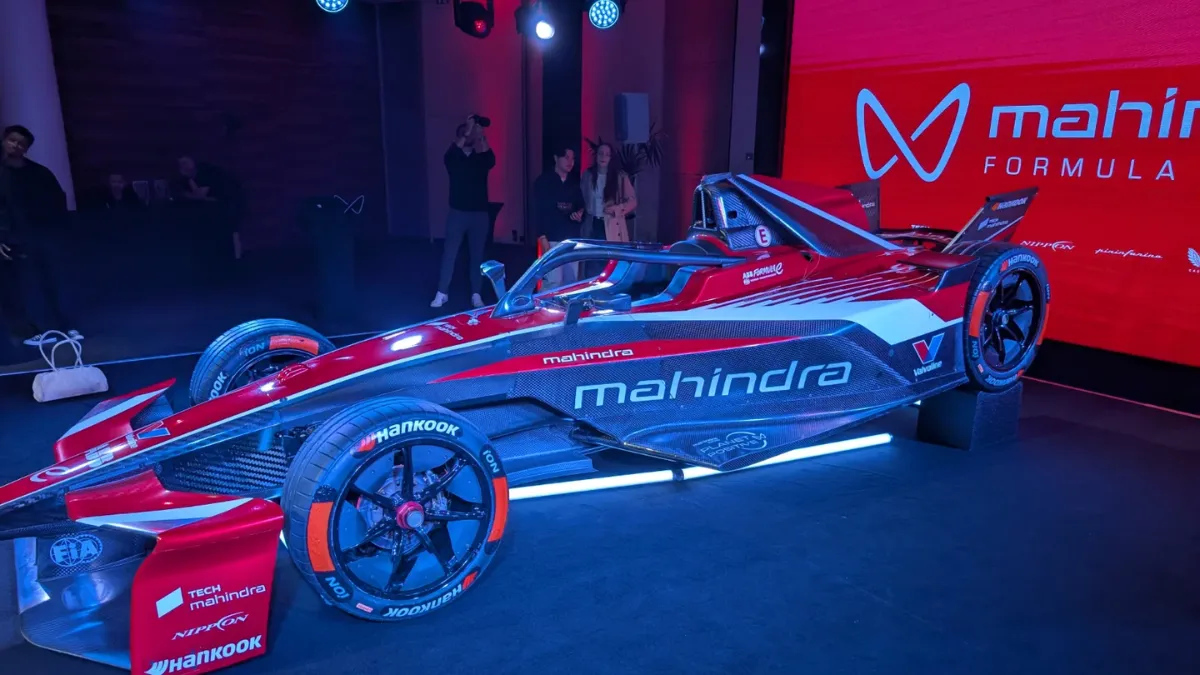Straight up, Mahindra Racing's recent move to stick with the GEN4 era until 2030 caught my attention. Over the past few years, I've been involved in several EV projects, and often what hits the press isn’t the full story. But this time, it really feels like Mahindra is in it for the long haul. As far as I’m concerned, the GEN4 era in Formula E is already super challenging. The new cars claim up to 600 kW output and roughly 80 kWh battery capacity. The company says this is a leap in both range and performance, but I remember back in Hyderabad during a test drive, the X model's claimed 500 km range barely went beyond 380 km. So yeah, hype and reality usually have a gap.
Company Strategy and Market Perspective
Mahindra’s move isn’t just about racing. The strategy is clear: technology transfer and brand visibility. And another thing, when I visited Mahindra’s R&D center in Pune, one engineer casually told me that software glitches still exist in some models, but they’re working to manage them in GEN4 cars. I remember the scene on the test track when a car suddenly dropped power it was a reminder that this journey won’t be easy.

On top of that, the GEN4 era promises energy efficiency and fast charging protocols. Battery swap or ultra-fast charging is on the table, but in India’s real-world infrastructure, how feasible that is remains a question. From my 10 years of experience, I’ve seen several EVs with cutting-edge technology, but slow adoption due to charging networks and customer awareness.
Insider Perspective and Challenges
I feel Mahindra’s commitment is also crucial for long-term brand credibility. To be honest, consistent racing presence and podium finishes are what will solidify the brand’s EV credentials in the market. But challenges are real: software reliability, battery degradation, and logistics. I recall a dealer casually saying, "Boss, in real-world conditions, our car performance is different from predicted figures." Hearing that as an insider really sticks with you.
Ultimately, the GEN4 commitment isn’t just about building race cars. It’s a signal to the industry and buyers that Mahindra is serious about EVs. And personally, if they stick to this path, by 2030 they’ll gain a ton of experience and tech transfer that will also benefit production EVs.
Don’t think of this as a conclusion this article is purely a blend of insider perspective and personal experience. I’ve shared my observations on Mahindra Racing’s strategy, its challenges, and real-world performance.





